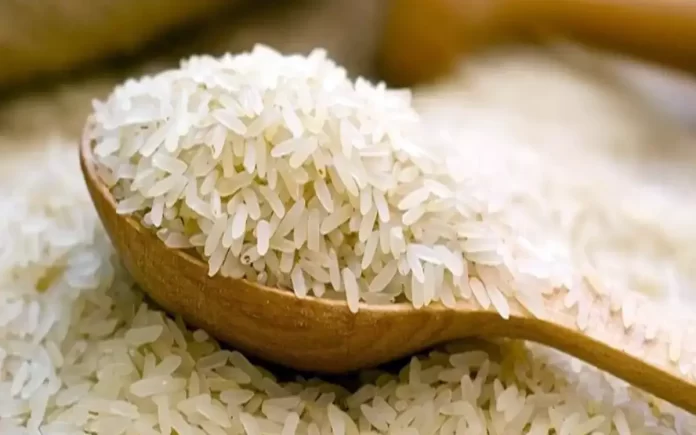New Delhi: In a concerted effort to stabilize the prices of essential food items such as rice, atta (flour), and dal (pulses), the Indian government has implemented additional measures. Indefinitely extending the 20% export duty on parboiled rice is among the key strategies announced. Additionally, plans are in place to sell approximately 30 lakh tonnes of rice and atta under the “Bharat” brand over the next 4-5 months at subsidized rates. Moreover, the government has decided to maintain zero import duty on yellow peas, subject to the submission of the bill of landing by April 30.
Sanjeev Chopra, the Union food secretary, highlighted the significance of these measures, stating, “The sale of Bharat atta has brought down the retail prices. We are hoping to sell 15 lakh tonnes of Bharat atta and another 15 lakh tonnes of Bharat rice in the next 4-5 months. This is the initial phase; we can supply more if there is demand.”
Chopra also addressed concerns regarding the escalating prices of rice, noting, “The rice prices, which are currently 15% higher on a year-on-year basis, are expected to stabilize as more ‘Bharat’ rice is introduced into the market, coupled with the arrival of the rabi crop from March.” Presently, approximately 3.5 lakh tonnes of atta and 20,000 tonnes of rice under the Bharat brand have been sold.
Under the Bharat brand initiative, the government is retailing rice at a subsidized rate of Rs 29 per kg and atta at Rs 27.5 per kg through various outlets, including those managed by the farmers’ cooperative NAFED and NCCF.
The Food Corporation of India (FCI), a state-run entity, is supplying grains to cooperative agencies for retail distribution. Chopra reassured consumers about the quality of these commodities, mentioning that random samples of the rice and atta sold are undergoing rigorous testing and have been found to be of very good quality.
Responding to inquiries regarding potential further diversions of sugar for ethanol production in the current supply year (2023-24), the secretary stated that no such proposal is under consideration. Last December, the government set a cap of 17 lakh tonnes for sugar diversion during the current supply year, extending from November 2024 to October 2025. This allowance includes the use of both cane juice and B-heavy molasses within the overall ethanol production cap.



